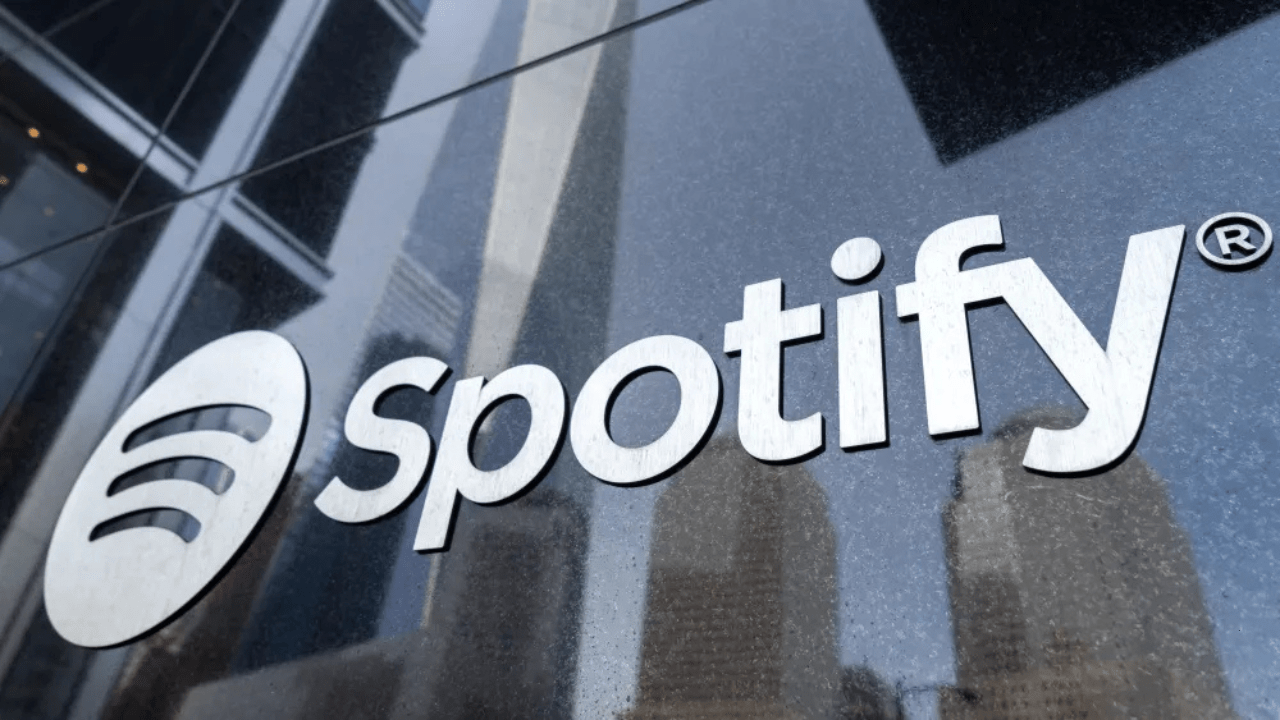Spotify has become a household name in the world of music streaming. Founded on innovation and driven by a passion for music, the Spotify company has transformed the way millions of people listen to their favorite songs, discover new artists, and share playlists. With cutting-edge technology and user-focused features, Spotify has risen to the top as a leader in the global music industry.
In this blog, we’ll explore the journey of Spotify company, its impact on the music world, and the technology that powers it. From its humble beginnings to becoming the go-to platform for artists and listeners alike, we’ll cover it all.
The Origin of Spotify Company
Spotify company was founded in Stockholm, Sweden, in 2006 by Daniel Ek and Martin Lorentzon. The founders aimed to combat music piracy while providing an easy and legal way for people to access music. Their vision was clear: to create a platform where users could instantly stream any song at any time.
The beta version of Spotify launched in 2008, initially available only in Europe. Its ad-supported and subscription models quickly gained popularity, setting the stage for Spotify’s global expansion.
Spotify’s Mission and Values
Spotify company operates with a mission to “unlock the potential of human creativity.” This vision is supported by core values such as:
- Innovation: Constantly developing new features to enhance user experience.
- Accessibility: Making music available to anyone, anywhere, at any time.
- Diversity: Celebrating all genres and artists from around the world.
- Sustainability: Supporting fair compensation for creators while maintaining an eco-conscious approach to operations.
These values guide Spotify as it evolves in the ever-changing music industry.
The Growth of Spotify Company
From a small startup in Sweden, Spotify has grown into a global music powerhouse. Here are some milestones in its journey:
- 2008: Spotify’s public launch in Europe.
- 2011: Expansion to the United States.
- 2018: Listed on the New York Stock Exchange (NYSE).
- 2020: Acquired Anchor and Megaphone, solidifying its position in podcasting.
Today, Spotify operates in over 180 markets with more than 500 million monthly active users.
Key Features of Spotify
1. Personalized Playlists
Spotify’s algorithm creates custom playlists like Discover Weekly and Daily Mix, offering users a unique listening experience.
2. Music Discovery
Users can explore new artists and genres through curated playlists, trending charts, and mood-based recommendations.
3. Offline Listening
Premium subscribers can download songs for offline playback, making Spotify ideal for travel or areas with poor connectivity.
4. Podcast Integration
Spotify has become a major player in the podcast industry, hosting exclusive shows and offering personalized recommendations.
5. Collaborative Playlists
Users can collaborate with friends to create shared playlists, enhancing the social aspect of music streaming.
Spotify and Artificial Intelligence
Spotify company relies heavily on artificial intelligence (AI) to deliver a personalized experience. AI powers:
- Recommendations: Suggesting songs based on listening history.
- Audio Analysis: Breaking down songs into tempo, energy, and other components to match user preferences.
- Targeted Ads: Delivering ads that resonate with individual users.
This technology ensures that Spotify remains a step ahead of its competitors.
Spotify for Artists
Spotify company isn’t just for listeners—it’s a platform for artists to grow their careers. Features like:
- Spotify for Artists Dashboard: Provides insights into streaming data, audience demographics, and trends.
- Playlist Placement: Helps artists reach wider audiences through curated playlists.
- Direct Fan Engagement: Artists can connect with fans through personalized messages and exclusive content.
These tools empower musicians to take control of their creative journey.
Impact of Spotify Company on the Music Industry
Spotify has reshaped the music industry in profound ways:
- Combatting Piracy: By offering an affordable and legal alternative, Spotify has reduced music piracy significantly.
- Fair Artist Compensation: While controversial, Spotify’s royalty model has provided consistent income for creators.
- Music Discovery: Independent and emerging artists have a platform to gain global recognition.
- Global Reach: Spotify connects listeners to music from every corner of the world, promoting cultural exchange.
Challenges Spotify Company Faces
Despite its success, Spotify faces several challenges:
- Artist Royalties: Some argue that Spotify’s payout model isn’t sufficient for smaller artists.
- Intense Competition: Rivals like Apple Music, Amazon Music, and YouTube Music are fierce competitors.
- Content Moderation: Spotify must navigate complex issues around podcast content and user-generated playlists.
Spotify company addresses these challenges through innovation, partnerships, and a commitment to improving its platform.
Spotify and Sustainability
Spotify company is committed to reducing its environmental impact. Initiatives include:
- Carbon Neutrality: Aiming to achieve carbon-neutral operations.
- Green Hosting: Using sustainable energy for data centers.
- Eco-Friendly Campaigns: Promoting green practices through its content and partnerships.
These efforts reflect Spotify’s dedication to creating a better future for both music and the planet.
The Future of Spotify Company
Spotify’s journey is far from over. The company is exploring:
- AI-Generated Music: Using AI to create personalized tracks.
- Interactive Audio Experiences: Merging music with virtual reality and augmented reality.
- Global Expansion: Entering new markets to connect more people to music.
With its innovative spirit, Spotify is set to remain a leader in the music streaming world.
Conclusion
The Spotify company has revolutionized how we experience music. From its groundbreaking technology to its dedication to artists and listeners, Spotify continues to shape the future of the music industry. As it grows, the company remains true to its mission of making music accessible, personal, and diverse.
Related Articles:
For further reading, explore these related articles:
- How to Download Songs on Spotify: A Complete Guide
- Spotify Only You: Celebrating Your Unique Music Journey
For additional resources on music marketing and distribution, visit Deliver My Tune.






